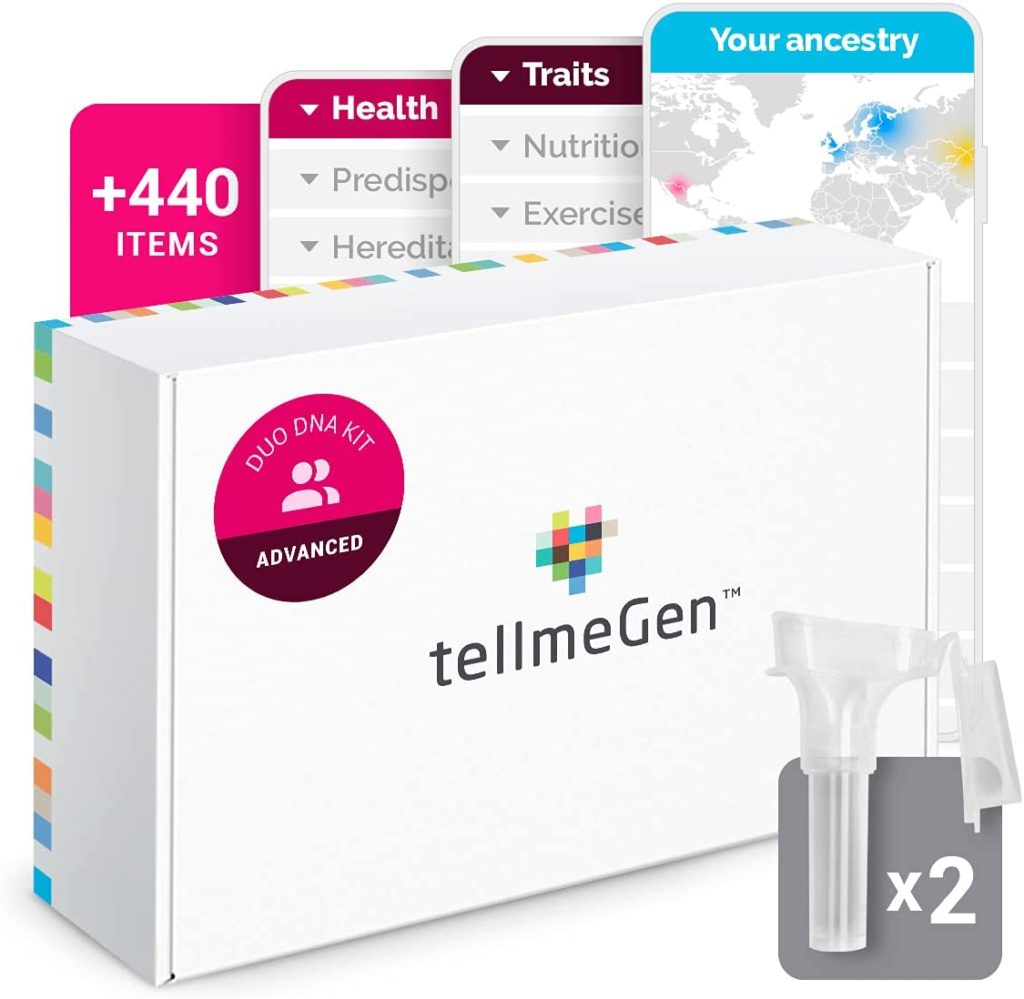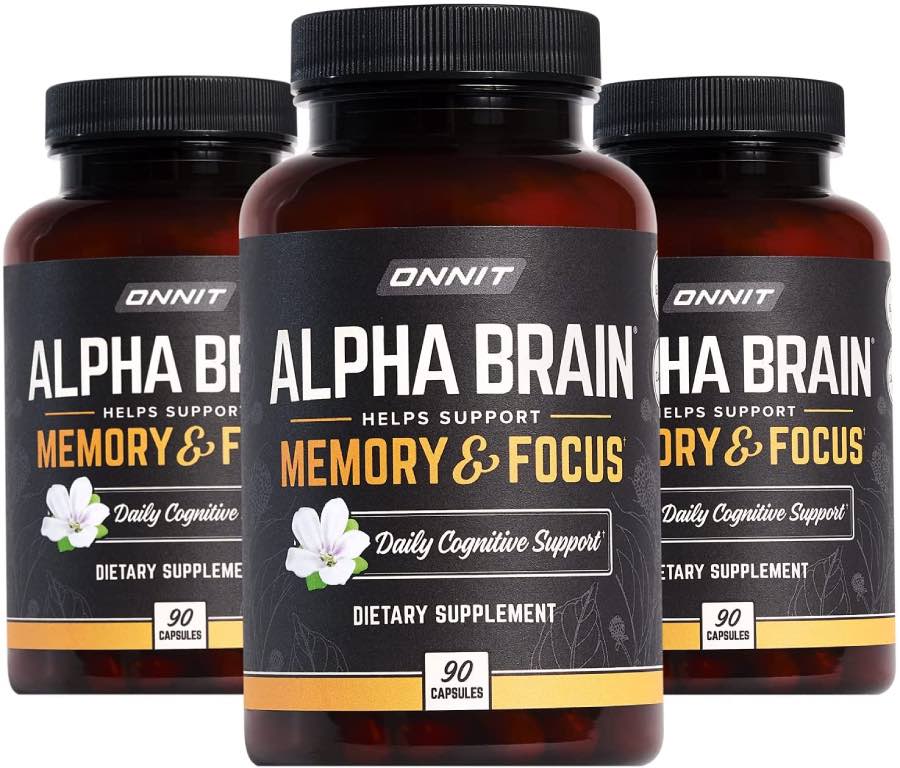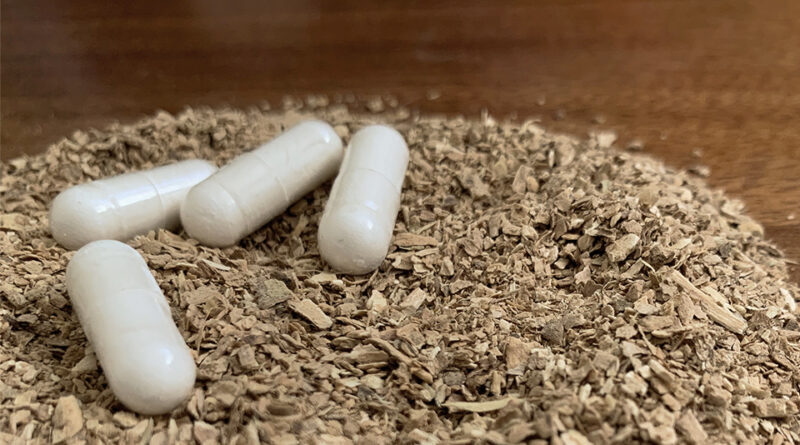Ibogaine Therapy
[Please note that this page contains affiliate links. If you choose to purchase after clicking a link, I may receive a commission at no extra cost to you.]
DMT is the spirit molecule. Ibogaine or iboga comes from Africa; it produces a molecule similar to DMT, LSD and psilocybin, which resembles serotonin, making ibogaine therapy very beneficial for many uses.
It is not about regulated toxic drugs but enjoyable drugs.
Ibogaine Therapy and The Spirit Molecule
You can buy medicines such as cyanide, DDT, herbicides, and pesticides to kill you in low doses.
The safest drugs we know of are psilocybin, LSD, and DMT (the active ingredient in Ibogaine or Iboga), banned throughout most countries in the 1970s psychedelic sweep.
All psychedelics can be used as therapy and works even better alongside treatment.
Journalists were the most responsible for making drugs like DMT, LSD, MDMA, ibogaine/noribogaine and other psychedelics illegal.
They put out many articles revolving around the falsified information about how psychedelics such as Iboga/ibogaine and DMT can change people positively.
For example, they would say that LSD, magic mushrooms, and Ibogaine would turn people into vicious serial-killing psychopaths.
Next, we will look at some of the fantastic benefits of today’s most complicated chemicals used in pharmacology called Ibogaine and noribogaine.

Ibogaine Can Cure Opioid Addiction Without Withdrawl
Ibogaine is found in Africa, extracted from the iboga plant, and used in that beautiful continent for millennia.
It works well for heroin and opiate addicts as a therapy to stop using without withdrawal.
Ibogaine is broken down in the liver after digesting into the gut wall, converting into noribogaine (12-hydroxyibogamine).
Noriboagaine is the main component in Ibogaine that gets studied for ibogaine therapy.
Ibogaine and noribogaine share similar properties, but noribogaine stay in the body much longer.
They both easily cross the blood-brain barrier and have higher brain tissue concentrations than the bloodstream.
As a result, it has one of the most complex pharmacology known to biochemists.
There is absolutely nothing in terms of health and the brain this plant medicine does not do.
You have the alpha three beta four nicotinic acetylcholine, the target for Wellbutrin, responsible for the smoking sensation and anti-addictive effects.
Wellbutrin works well as medication alongside proper therapy.
Learning the Mechanism of Addiction
These receptors make up the pathway to the brains’ reward centre.
Meaning these receptors are involved in the mechanism of addiction.
One study of 27 opioid addicts withdrawing from methadone, an opioid substitution therapy, found that noribogaine was well tolerated.
It moderately improved opioid withdrawal symptoms.
Furthermore, numerous animal models (such as rats and mice) have found that ibogaine exhibits anti-addictive properties against cocaine, morphine, amphetamine, alcohol, and nicotine.
Ibogaine successfully blocks nicotinic acetylcholine receptors, keeping up a healthy acetylcholine level for a more extended period.
It also affects the MNDA receptors, similar to a ketamine effect.
Iboga can block NMDA receptors, which account for its hallucinogenic effects.
It has a classical psychedelic effect with the 5HT2A receptors. It is a dopamine reuptake inhibitor.
Iboga has similar effects on dopamine transporters giving the user heightened dopamine levels.
The psychedelic effect of ibogaine therapy helps you get over past traumas.
Ibogaine Therapy Boosts Neurotransmitters
The dopamine level in addicted people is transformed due to the excessive use of abused drugs, such as cocaine.
Synthesized ibogaine hydrochloride was once sold under Lambarene in France (1939-1970) as an antidepressant and stimulator of mental state.
It can reset the brain’s dopamine levels to pre-addiction levels.
Ibogaine is a serotonin reuptake inhibitor.
Ibogaine releases the protein GDNF, one of the most necessary treatments for Parkinson’s disease — it is one of the only things proven to regrow dopaminergic neurons.
Ibogaine has antimicrobial properties.
Studies with mice showed that iboga alkaloids reduced the number of deaths caused by Candida albicans infections.
It creates enzymes called lipases that are handled by Candida albicans to attack human cells.
When you combine it with a commonly used antibiotic, it prevents fungus growth.
It has antimycobacterial activity, reducing several pathogenic microorganisms’ bacterial cultures.
It is often administered along with sound therapy.
Ibogaine Therapy has Anti-Cancer Properties.
Some studies on human blood cells showed that Ibogaine interrupts retroviruses’ replication (HIV–1) and blocks infection.
Noribogaine or ibogaine therapy is also used in Africa to cure HPV.
It acts as an antioxidant, and it increases the activity of antioxidant enzymes (SOD1) in human red blood cells.
In addition, in observational trials, Ibogaine dramatically improved anxiety, depression, and obsessive-compulsive disorder symptoms for an extended period after ibogaine therapy.
Synthetic iboga alkaloids have now been proven to treat obesity in rats.
Chronic use of this substance in rats prevented increases in weight gain, decreased fat deposition, and reduced sugar consumption.
Early studies suggest that Ibogaine has anti-cancer properties.
For example, Ibogaine reversed multidrug resistance in human cancer cells.
“We are all holding.” —Terrance Mckenna.


